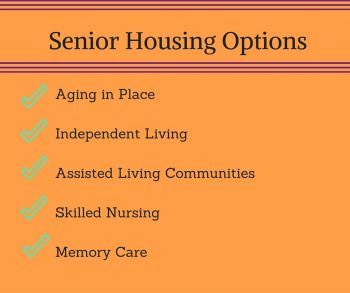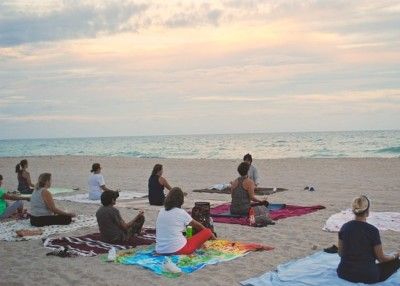Aging in place refers to the ability of seniors to continue living in their own homes and communities as they age. This option allows older adults to maintain their independence, personal connections, and familiar surroundings. There are several reasons why aging in place is considered a valuable option for seniors: Preservation of independence and autonomy. Maintaining social connections with friends and neighbors. Emotional well-being from being surrounded by familiar objects and memories. A sense of control over one's own life and decision-making.
Challenges of Aging in Place
Aging in place is not without its challenges. While many older adults wish to stay in their homes, they may face difficulties related to physical and cognitive changes that come with age. Some common challenges include: Decreased mobility and increased fall risks. Accessibility issues, such as stairs or narrow doorways. Difficulty in managing household tasks and maintenance. Healthcare needs and access to medical services.
Senior Living Options
Fortunately, there are various senior living options available for older adults who are unable or prefer not to age in place:
1. Independent Living Communities
Independent living communities are designed for active and self-reliant seniors who seek a maintenance-free lifestyle. These communities offer amenities such as social activities, meal services, and transportation, while providing a sense of community and engagement.
2. Assisted Living Facilities
Assisted living facilities provide housing and support services for seniors who require help with daily living activities. Trained caregivers are available to assist with tasks like bathing, medication management, and meal preparation. These facilities foster a safe and supportive environment for older adults.
3. Memory Care Facilities
Memory care facilities specialize in providing care for individuals living with Alzheimer's disease or dementia. These facilities employ staff trained in memory impairment care to ensure the safety and well-being of residents. The environment is designed to minimize confusion and promote cognitive stimulation.
4. Skilled Nursing Homes
Skilled nursing homes are suitable for seniors who have complex medical needs or require intensive rehabilitation services. These facilities offer round-the-clock healthcare services, including assistance with activities of daily living, physical therapy, and medical supervision.
5. Continuing Care Retirement Communities (CCRCs)
CCRCs are comprehensive senior living communities that incorporate independent living, assisted living, memory care, and skilled nursing services. This allows residents to transition seamlessly between different levels of care as their needs change over time.
Making the Right Choice
When deciding between aging in place and senior living options, it is important to consider individual needs, desires, and available resources. Factors to consider include: Physical and mental health status. Support system and availability of family or caregivers. Financial considerations and long-term affordability. Location preferences and proximity to necessary services.
Conclusion
Aging in place and senior living options provide opportunities for older adults to live fulfilling lives in safe and comfortable environments. By assessing one's own needs and considering available choices, seniors and their loved ones can make informed decisions to ensure a high quality of life during the golden years.









